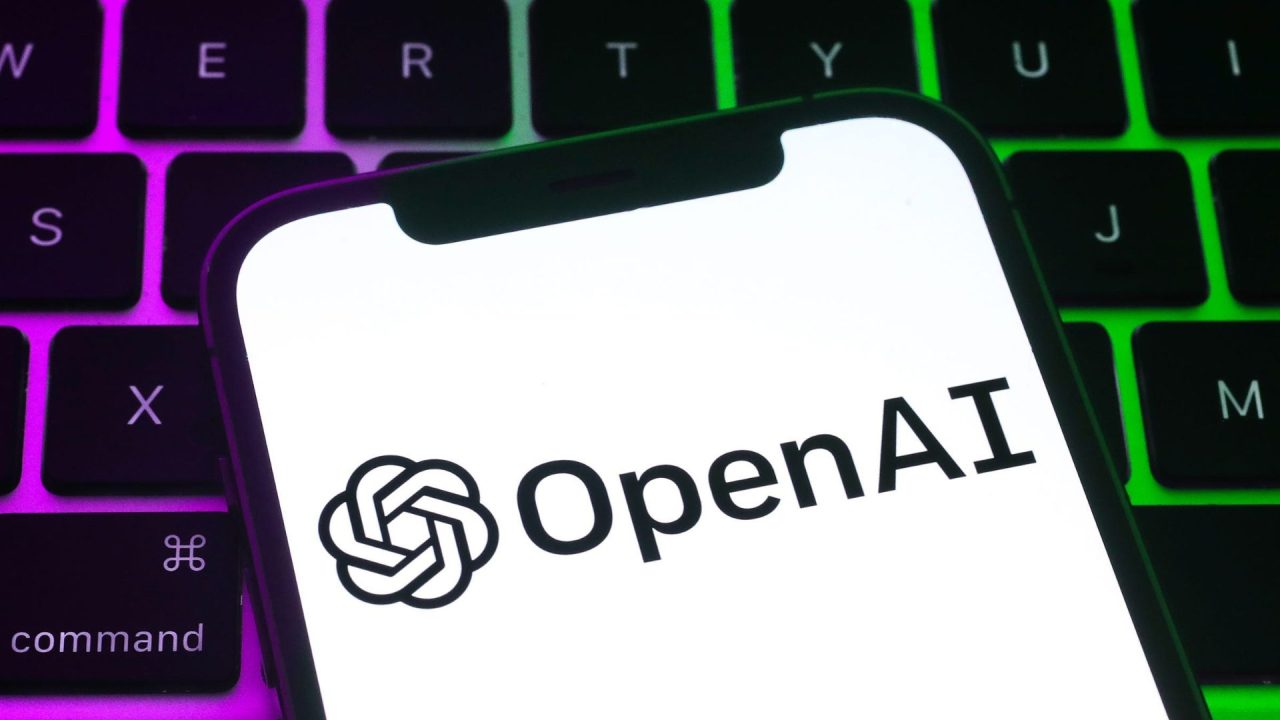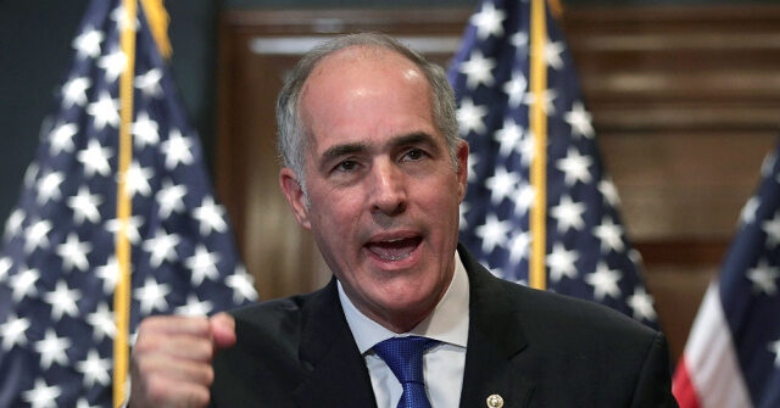Suchir Balaji, a 26-year-old former researcher at OpenAI and outspoken whistleblower, was found dead in his apartment on Buchanan Street in San Francisco on November 26, 2024. Balaji had gained attention in recent months for publicly accusing OpenAI of violating copyright laws in the development of its generative AI program, ChatGPT.
Authorities confirmed the death earlier this week, noting that San Francisco police had conducted a welfare check at Balaji’s residence in the Lower Haight neighborhood at around 1 p.m. The police stated there is “currently no evidence of foul play,” although the cause of death has not yet been disclosed by the Office of the Chief Medical Examiner.
Anchored In Oklahoma Podcast
Balaji’s death comes amid ongoing legal battles against OpenAI, where his whistleblowing played a pivotal role in high-profile lawsuits filed by major publishers, including The New York Times and The Mercury News.
In October, Balaji publicly criticized OpenAI for what he described as unlawful data-gathering practices to train ChatGPT and other generative AI models. In an interview with The New York Times on October 23, he said, “If you believe what I believe, you have to just leave the company. This is not a sustainable model for the internet ecosystem as a whole.”
Sale – Top Immunity Support For The Times:
Your immune system can be weakened by poor diet, lack of sleep, and countless other environmental factors. Explore how our products may help support your body’s natural defenses. Save 23% with code: “SAVE23”
https://GetZStack.Com
Balaji alleged that OpenAI scraped copyrighted material from the internet without permission, undermining the rights of creators, journalists, and publishers. He argued these practices violated U.S. “fair use” laws and posed significant harm to individuals and businesses.
In a detailed analysis posted on his personal website, Balaji wrote, “No known factors seem to weigh in favor of ChatGPT being a fair use of its training data.” He described his disillusionment with the company, which he had joined in 2020 with hopes of advancing artificial intelligence to address global challenges.
Balaji left OpenAI in 2022 after working on GPT-4, expressing concerns about its reliance on unauthorized data scraping. His whistleblowing coincided with a wave of lawsuits against OpenAI and its partner Microsoft.
Balaji’s allegations have become a cornerstone of lawsuits brought by publishers accusing OpenAI and Microsoft of profiting from their copyrighted material without permission.
In a statement filed in federal court on November 18, attorneys for The New York Times identified Balaji as a key source of “unique and relevant documents” for their case. The lawsuits claim that OpenAI’s practices not only infringe on copyright laws but also threaten the sustainability of news organizations and content creators.
The Mercury News lawsuit stated, “Microsoft and OpenAI simply take the work product of reporters, journalists, editorial writers, editors, and others — all without any regard for the efforts, much less the legal rights, of those who create and publish the news on which local communities rely.”
OpenAI has consistently denied these allegations, maintaining that its AI tools adhere to fair use laws and offer opportunities for collaboration with publishers. In a public statement, OpenAI said, “We see immense potential for AI tools like ChatGPT to deepen publishers’ relationships with readers and enhance the news experience.”
Elon Musk, a co-founder of OpenAI who has since distanced himself from the company, responded to the news of Balaji’s death with a cryptic tweet: “Hmm.” The tweet sparked widespread speculation, with many interpreting it as a critique of OpenAI or a comment on the broader ethical challenges in the AI industry.
— Elon Musk (@elonmusk) December 14, 2024
Musk has been vocal about his concerns regarding the potential misuse of artificial intelligence and has previously criticized OpenAI for its shift toward commercialization.
A Cupertino native and UC Berkeley graduate, Balaji was known for his early optimism about AI’s potential to benefit society. His death has left unanswered questions about the ethical and legal challenges surrounding generative AI.
His family has requested privacy as they mourn his loss. Meanwhile, Balaji’s whistleblowing is expected to remain a critical factor in shaping the future of AI development and copyright law.
Balaji’s case highlights the growing tension between innovation and accountability in the tech industry. As AI tools like ChatGPT become increasingly integrated into daily life, debates over ethical data usage and intellectual property rights are likely to intensify.
The lawsuits against OpenAI and its practices continue, with industry observers closely monitoring how Balaji’s whistleblowing will influence the outcome. His claims underscore the need for transparency and ethical guidelines in the development of AI technologies.
As the legal battles proceed, Balaji’s death adds a tragic dimension to the ongoing scrutiny of OpenAI and the broader AI industry. His story serves as a reminder of the human stakes involved in navigating the complex intersection of technology, law, and ethics.



